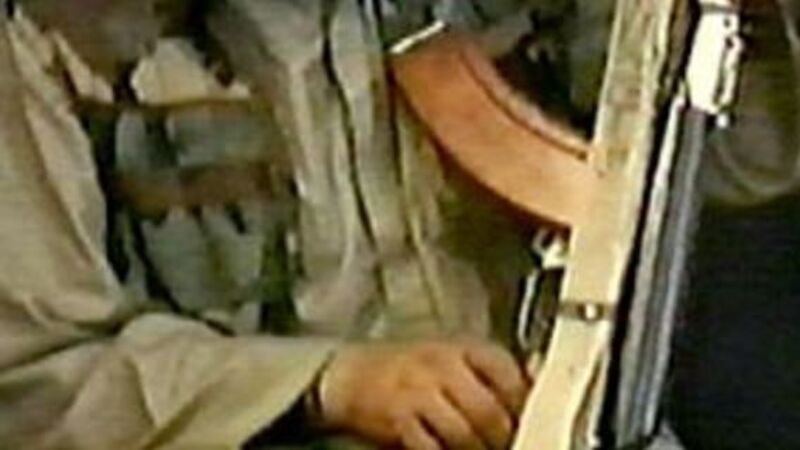Algerian hostage crisis reveals latest theatre of war

ISLAMIST guerrillas are turning the vast Sahara into a new theatre of war for an onslaught against Western interests in the region.
Exiled Algerian and Mauritanian jihadists, mercenaries who served in Libya under Muammar Gaddafi, and disaffected Tuareg tribesmen are at the forefront of the new struggle, according to Dr Berny Sèbe, an expert in Franco-African relations at the University of Birmingham.
















